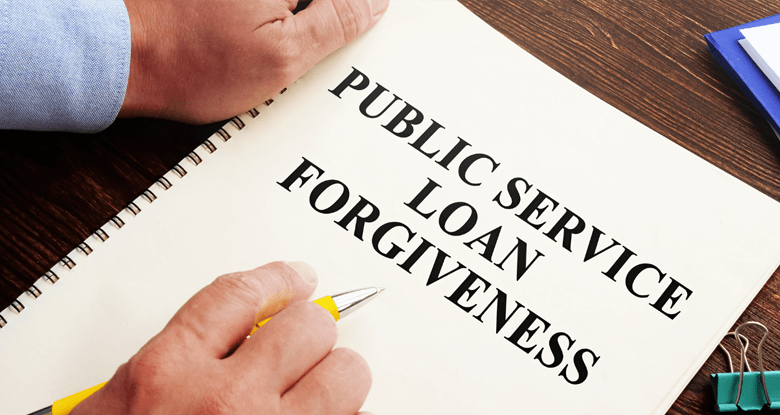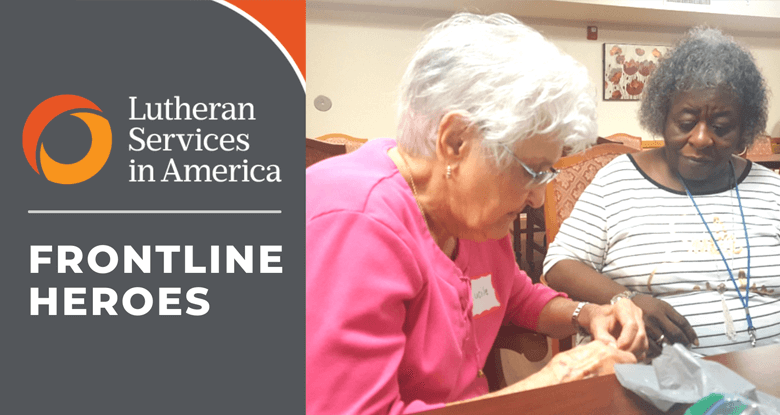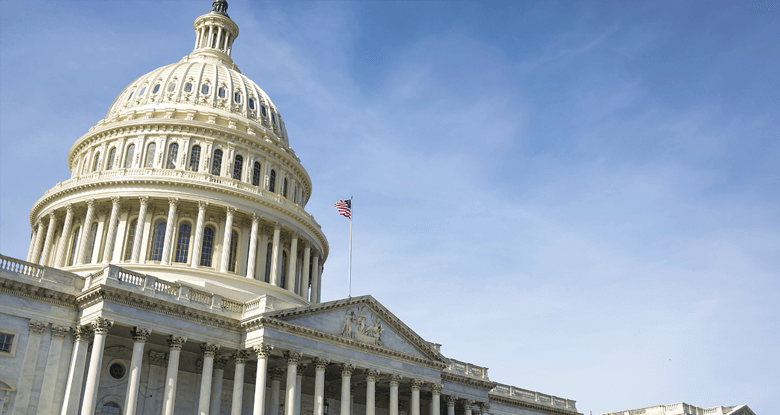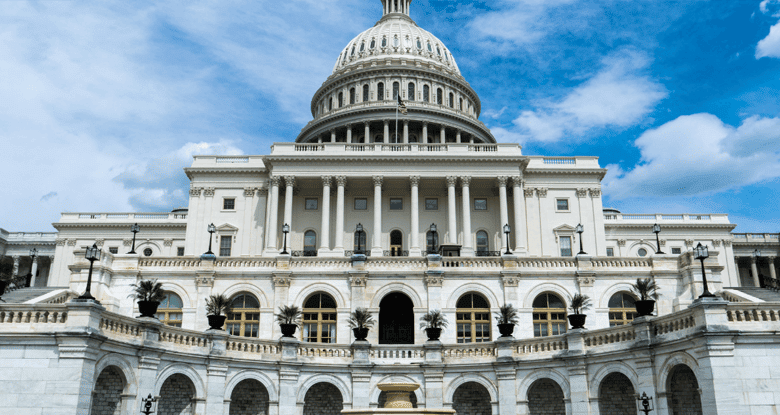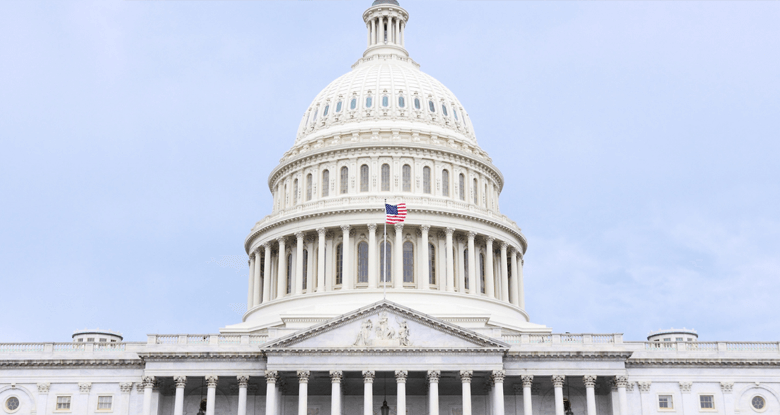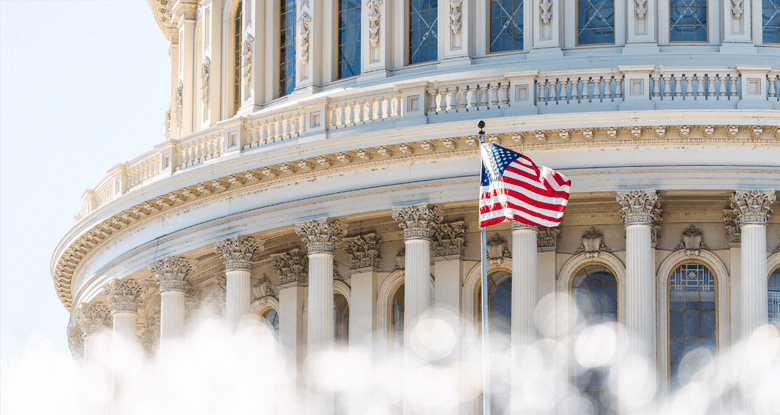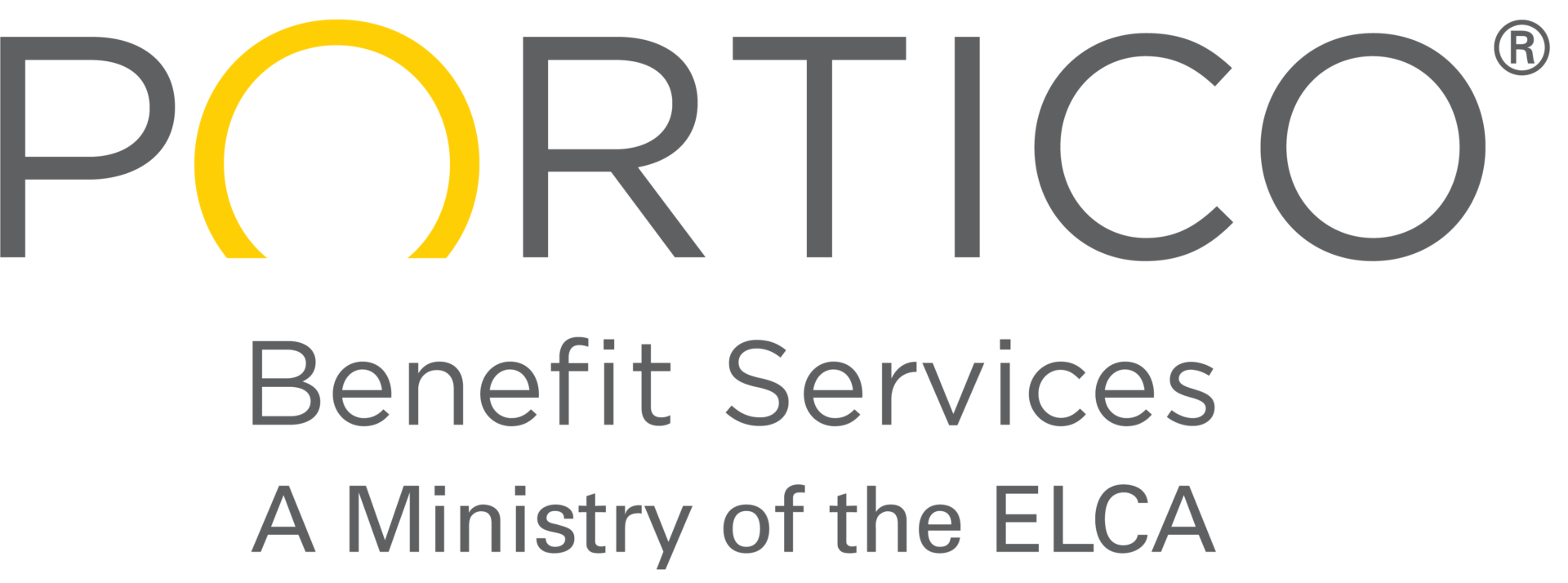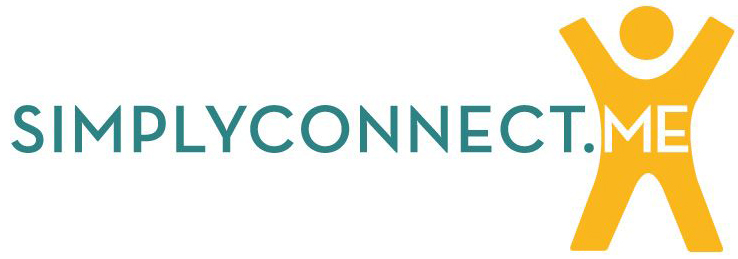The federal government recently created two new limited-time opportunities for nonprofit employees to request full forgiveness of their direct federal student loans. These opportunities expand the availability of the existing Public Service Loan Forgiveness program (PSLF) and represent an important benefit for nonprofit employees! Significantly, loan forgiveness is now potentially available to borrowers whose previous loan forgiveness applications were rejected. The time investment for nonprofit employers is minimal and can be a powerful tool to show support for qualifying employees!
Below, you’ll find more information about this important program and how employees can take advantage of it.
What is PSLF?
-
- The Public Service Loan Forgiveness (PSLF) program was established in 2007 to allow student loan forgiveness for qualified employees who work full-time (at least 30 hours per week) for specific types of public service employers, including nonprofits, and who have made 120 (or 10 years-worth) on-time payments through specific income-driven repayment plans on direct federal loans. However, relatively few borrowers have thus far received loan forgiveness.
- Note: the 10 years of work and concurrent loan payments do NOT all need to be with the same public service employer—an individual borrower may work for multiple different nonprofit employers and still qualify.
What’s Changed?
-
- Temporary Expanded Public Service Loan Forgiveness (TEPSLF):
- The Consolidated Appropriations Act of 2018 provided limited, additional conditions under which borrowers may become eligible for loan forgiveness if some or all of the payments they made on William D. Ford Federal Direct Loan (Direct Loan) Program loans were under a nonqualifying repayment plan for Public Service Loan Forgiveness (PSLF).
- Originally, PSLF required borrowers to be on one of the income-driven repayment plans, but it turned out many were not and lots of people were rejected for forgiveness for being on another payment plan. The TEPSLF program expands the kind of eligible repayment plans. If borrowers have been using a Graduated Repayment Plan, an Extended Repayment Plan, a Consolidation Standard Repayment Plan, or a Consolidation Graduated Repayment Plan, they’re now eligible as long as they meet all the other PSLF requirements.
- This program will remain available until allocated funds are depleted; the most recent update indicates that just over $513 million (of $750 million) remains.
- PSLF waiver:
- On October 6, 2021, the Department of Education announced a change to program rules that allows borrowers to get credit for loan payments that wouldn’t normally qualify for PSLF.
- This waiver period is temporary and will end on October 31, 2022.
- Under the new, temporary rules, any prior period of repayment may be able to be counted as a qualifying payment, regardless of loan program, repayment plan, or whether the payment was made in full or on time. Borrowers continue to need qualifying employment.
- Temporary Expanded Public Service Loan Forgiveness (TEPSLF):
Qualifications
-
- Qualifying employers include:
- Tax-exempt not-for-profit 501(c)(3) companies; including tax-exempt hospitals, tax-exempt charitable organizations, tax-exempt educational institutions, etc.
- The government (including military, law enforcement, schools. and universities)
- Peace Corps or AmeriCorps
- Other non-profit organizations that provide one of the following services:
- Emergency management
- Military service
- Public safety
- Law enforcement
- Public interest law services
- Early childhood education (including licensed or regulated healthcare, Head Start, and state-funded prekindergarten)
- Public service for individuals with disabilities and the elderly
- Public health (including nurses, nurse practitioners, nurses in a clinical setting, and full-time professionals engaged in healthcare practitioner occupations and healthcare support occupations, as such terms are defined by the Bureau of Labor Statistics)
- Public education
- Public library services
- School library or other school-based services
- Borrowers:
- TEPSLF:
- A borrower’s most recent monthly payment and the one made a year before applying for forgiveness must be as much as they would have paid in a correct plan.
- A previous loan forgiveness application must have been rejected because some or all payments were not made under the appropriate plan.
- A borrower must have at least 10 years of full-time employment certified by a qualifying employer and approved by FedLoan Servicing, the company overseeing the loan forgiveness program.
- PSLF waiver:
- Under the new, temporary rules, any prior period of repayment may be able to be counted as a qualifying payment, regardless of loan program, repayment plan, or whether the payment was made in full or on time.
- Periods of repayment on loans before consolidation count, even if on the wrong repayment plan.
- Periods of repayment where payments were made late or for less than the amount due count.
- Periods of repayment on loans before consolidation count, even if paid late, or for less than the amount due.
- Borrowers can receive forgiveness even if not employed or not employed by a qualifying employer at the time of application and forgiveness.
- Borrowers are still required to have made 120 qualifying payments; have been employed full-time for a qualifying employer while they were making payments; and have Direct loans or consolidate into Direct Consolidation Loans by October 31, 2022.
- Under the new, temporary rules, any prior period of repayment may be able to be counted as a qualifying payment, regardless of loan program, repayment plan, or whether the payment was made in full or on time.
- TEPSLF:
- Qualifying employers include:
What Borrowers Must Do to Receive Loan Forgiveness
-
- TEPSLF:
- Borrowers must submit the Public Service Loan Forgiveness (PSLF) & Temporary Expanded PSLF (TEPSLF) Certification & Application (PSLF form) to have their eligibility for PSLF reconsidered.
- Upon submission of the PSLF form to the Servicer, payments will be considered for both PSLF and TEPSLF using an expanded list of qualifying repayment plans. Some payments that don’t count toward loan forgiveness under PSLF may count toward forgiveness under TEPSLF.
- PSLF waiver:
- Borrowers must have only a Direct Loan or have completed loan consolidation by the program deadline of October 31, 2022.
- Borrowers must also file a Public Service Loan Forgiveness (PSLF) & Temporary Expanded PSLF (TEPSLF) Certification & Application (PSLF form) for any period for which they may receive additional credit toward PSLF, by the deadline. The Department of Education recommends borrowers take this action through the online PSLF Help Tool, which is available at StudentAid.gov/PSLF.
- TEPSLF:
Deadlines and Limitations
-
- TEPSLF: how much money is left?
- $750 Million was appropriated.
- As of September 2021 (the most recent month for which data are available), $236,823,872 has been expended.
- This leaves $513,176,128 million remaining.
- https://studentaid.gov/data-center/student/loan-forgiveness/pslf-data
- The PSLF waiver program ends on October 31, 2022.
- FedLoan (the company that services PSLF applications) recently ended their contract with the U.S. Department of Education. As a result, borrowers are highly encouraged to contact their loan servicer right away to initiate the paperwork for loan forgiveness under PSLF.
- TEPSLF: how much money is left?
Additional Resources
-
- Visit StudentAid.gov/publicservice for information about PSLF eligibility requirements and how to apply.
- Official program pages from the Office of Federal Student Aid:
- Department of Education news release on the PSLF Waiver
- Detailed summaries from The College Investor:
By Sarah Dobson, Senior Director of Public Policy and Advocacy
